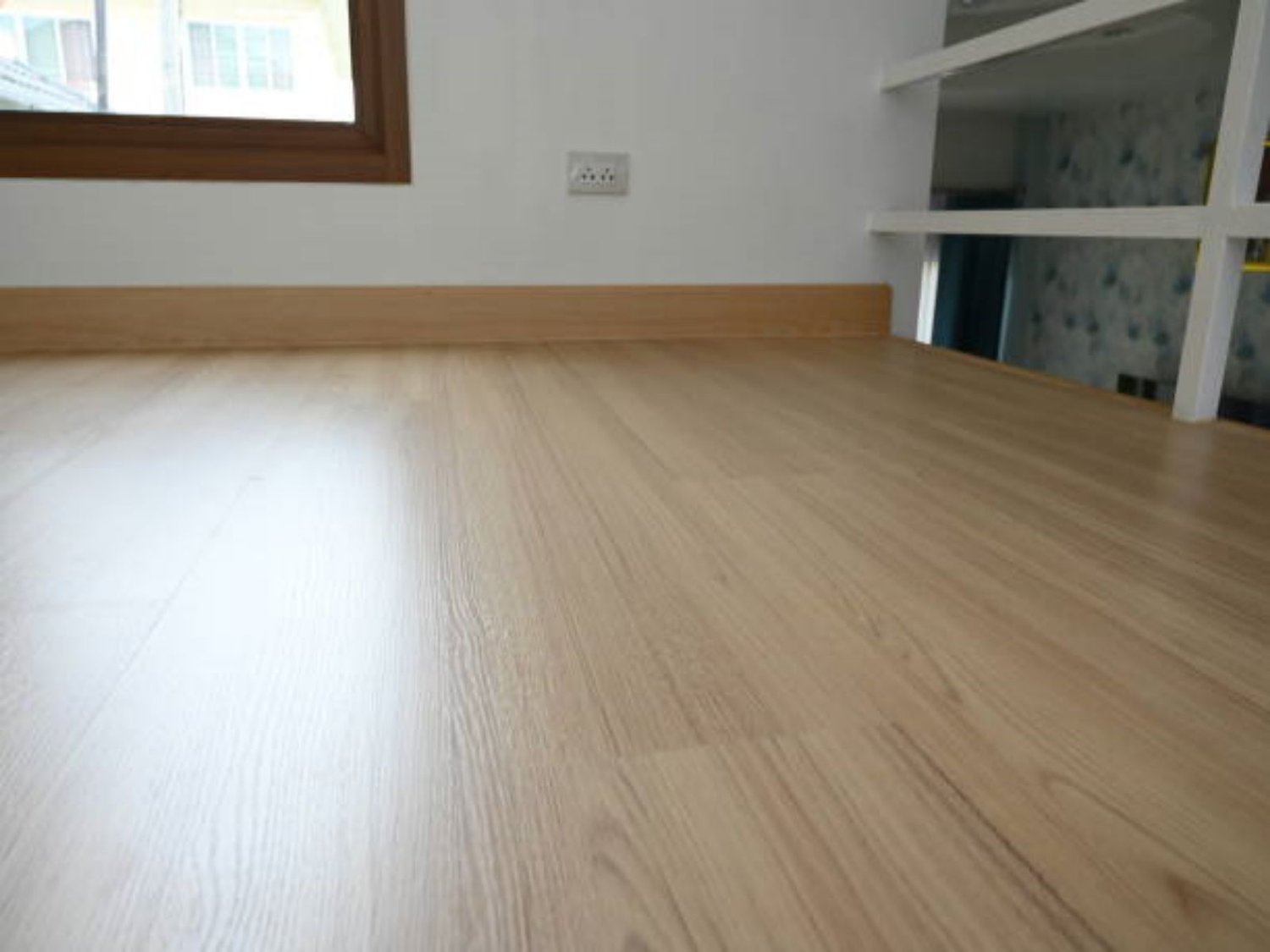Comparing WPC Wooden Flooring to Vinyl Plank: Which Offers Better Durability?
When it comes to choosing the right flooring for your home or office, durability is often a top consideration. Two popular options, WPC wooden flooring and vinyl plank, are known for their durability and aesthetic appeal. In this article, we will compare these two flooring types to determine which one offers better durability. By understanding the pros and cons of each, you can make an informed decision for your specific needs.
1. What is WPC Wooden Flooring?
WPC stands for Wood Plastic Composite, which is a hybrid material that combines wood fibers and thermoplastics. WPC wooden flooring offers the natural beauty of wood with added durability. It is resistant to moisture, stains, and scratches, making it an excellent choice for high-traffic areas or homes with pets and children.
2. What is Vinyl Plank Flooring?
Vinyl plank flooring, on the other hand, is made of synthetic materials like PVC (polyvinyl chloride). It is designed to mimic the appearance of real wood or stone flooring. Vinyl plank is known for its affordability, ease of installation, and low maintenance requirements. It is also resistant to moisture and stains, making it suitable for areas prone to spills and moisture, such as bathrooms and kitchens.
3. Durability of WPC Wooden Flooring
WPC wooden flooring is highly durable and can withstand heavy foot traffic without showing signs of wear and tear. Its composite construction makes it resistant to scratches, dents, and stains, making it an ideal choice for families with children or pets. Additionally, WPC wooden flooring is less prone to warping or cupping when exposed to moisture, making it suitable for areas with fluctuating humidity levels.
4. Durability of Vinyl Plank Flooring
Vinyl plank flooring is also known for its durability. It is resistant to scratches, stains, and dents, making it a great option for high-traffic areas. However, it is important to note that vinyl plank flooring can be more susceptible to damage from sharp objects or heavy furniture. It is also less resistant to heat, which means it may not be suitable for areas with direct sunlight or radiant heating systems.
5. Maintenance and Care
Both WPC wooden flooring and vinyl plank flooring are relatively easy to maintain and care for. Regular sweeping or vacuuming, as well as occasional damp mopping, is usually sufficient to keep them clean. However, vinyl plank flooring may require occasional resealing to maintain its water resistance properties. In contrast, WPC wooden flooring does not require sealing or refinishing, making it a more low-maintenance option.
6. Aesthetic Appeal
When it comes to aesthetic appeal, both WPC wooden flooring and vinyl plank flooring offer a wide range of options. WPC wooden flooring provides the warmth and natural beauty of real wood, with a variety of colors and textures to choose from. Vinyl plank flooring, on the other hand, can mimic the look of various materials, including wood, stone, or tile. It offers a versatile and cost-effective solution for achieving different design styles.
7. Environmental Considerations
If environmental sustainability is a priority for you, WPC wooden flooring may be the better choice. It is made from recycled wood fibers and plastic, reducing the demand for virgin materials. Vinyl plank flooring, although it can be recycled, is primarily made from PVC, which has environmental concerns associated with its production and disposal. Choosing eco-friendly options like WPC wooden flooring can contribute to a greener and more sustainable living environment.
8. Cost Comparison
When comparing the cost of WPC wooden flooring and vinyl plank flooring, it is essential to consider both the upfront cost and the long-term value. While vinyl plank flooring is generally more affordable upfront, WPC wooden flooring offers better long-term value due to its durability and potential for higher resale value. Investing in high-quality flooring can save you money in the long run by reducing the need for frequent replacements or repairs.
9. Installation Process
Both WPC wooden flooring and vinyl plank flooring offer relatively easy installation processes. Vinyl plank flooring is typically available in click-lock or adhesive-backed options, making it suitable for DIY installations. WPC wooden flooring often utilizes a click-lock installation system as well, but it may require professional installation due to its heavier weight and composite construction. Hiring a professional can ensure proper installation and maximize the durability of your chosen flooring.
10. Conclusion: Which Offers Better Durability?
When comparing WPC wooden flooring to vinyl plank flooring, both options offer excellent durability for different needs. WPC wooden flooring is ideal for areas with high foot traffic, moisture-prone environments, or households with children and pets. It provides the natural beauty of wood with added durability and resistance to scratches and stains. On the other hand, vinyl plank flooring is a cost-effective choice for areas with moderate foot traffic and offers a wide range of design options. It is resistant to moisture, stains, and scratches but may require more care when it comes to sharp objects or heavy furniture. Ultimately, the better durability choice depends on your specific requirements and preferences.

